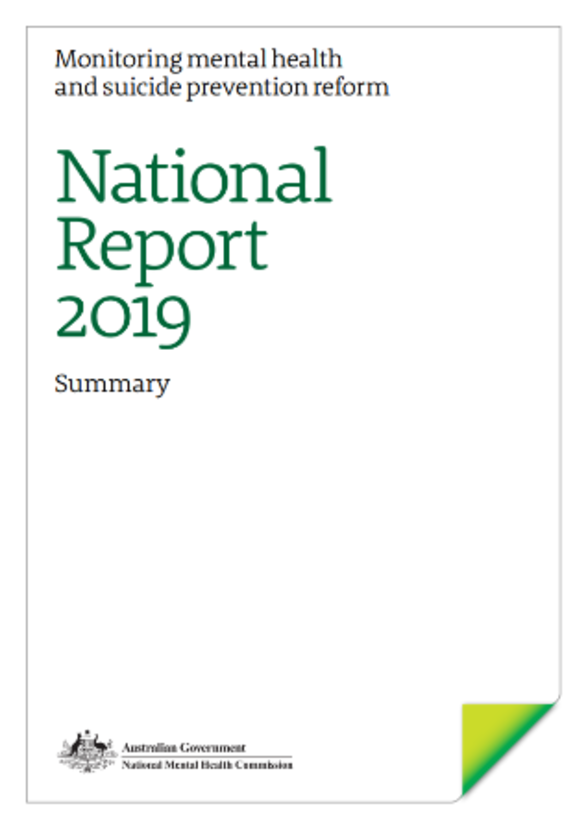The National Mental Health Commission (NMHC) National Report 2019 has highlighted that the mental health system is undergoing significant change and Australians’ mental health continues to suffer.
Reforms such as the National Disability Insurance Scheme, the Fifth National Mental Health and Suicide Prevention Plan, Primary Health Networks and activities in suicide prevention are all occurring simultaneously.
These ambitious reforms are interrelated, adding to the complexity of their implementation, and it will take time before they lead to sustained change for consumers and carers.
Almost half of Australians aged between 16 and 85 will experience a common mental illness such as an anxiety, affective or substance use disorder in their lifetime. One in five Australians experiences a common mental illness each year.
Data suggest that Aboriginal and Torres Strait Islander peoples are at increased risk of poor mental health and mental illness. The report recommends development of a culturally appropriate survey to collect better health data in Aboriginal and Torres Strait Islander communities.
The report states that 3128 people died by suicide in Australia in 2017, an increase of nine per cent on 2016; and that 54 per cent of people who had experienced homelessness had also experienced mental illness.
The NMHC has welcomed the Australian Government’s announcement of a National Children’s Mental Health and Wellbeing Strategy, with the report stressing the economic benefits of investing in early intervention and prevention strategies.
Thirty key recommendations focus on addressing population data gaps, revising Australia’s mental health system, meeting the needs of consumers and carers, understanding social determinants, working with Primary Health Networks, ensuring the National Disability Insurance Scheme effectively addresses mental health issues, and preventing suicide.

